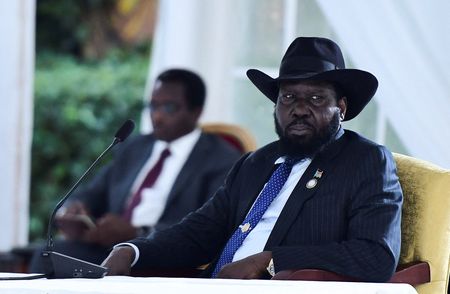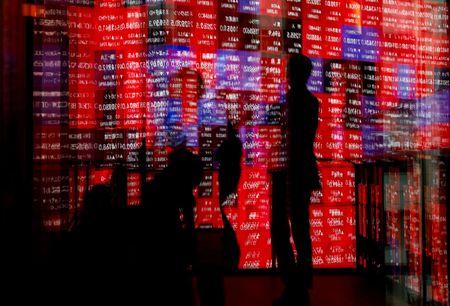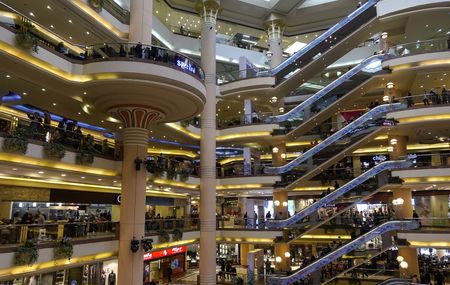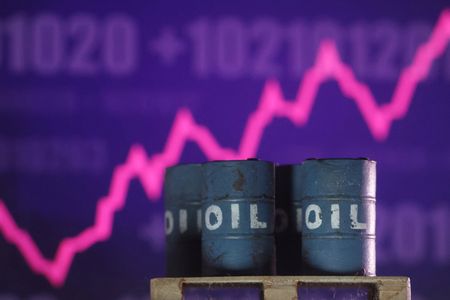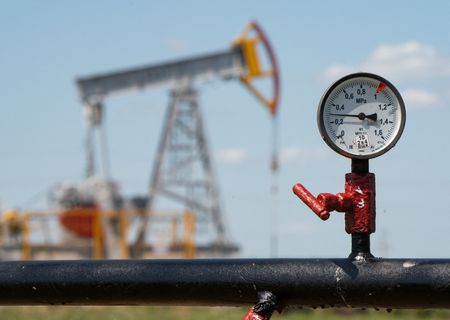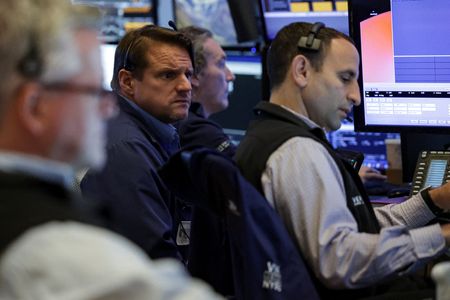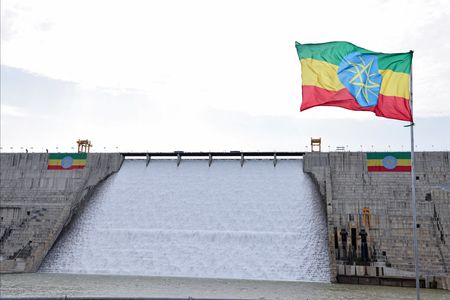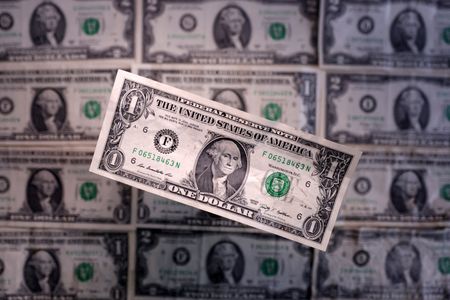NAIROBI (Reuters) – South Sudan’s President Salva Kiir has fired the head of the country’s military, the police chief and the central bank governor, an announcement made on the state-owned broadcaster SSBC said.
Kiir’s announcement late on Monday gave no reasons for the dismissals. It said Kiir had appointed Paul Nang Majok as the army’s chief of defence forces, replacing General Santino Wol.
Security sources with knowledge of the goings-on in the military said the changes could have stemmed from disquiet within the army ranks, adding that some soldiers had not been paid wages for about a year.
Army spokesperson Major General Lul Ruai Koang did not immediately respond when contacted for comment.
Michael Makuei, the information minister and government spokesperson, did not immediately respond to a request for comment on the reasons for the changes.
In late November, an attempt to arrest the former head of the intelligence service led to an eruption of heavy gunfire in the capital Juba.
In early October, Kiir had dismissed Akol Koor Kuc, who had led the National Security Service since the country’s independence from Sudan in 2011, and appointed a close ally to replace him.
In the latest shake-up, Kiir also replaced James Alic Garang as the central bank governor, returning Johnny Ohisa Damian to the post after firing him in October 2023.
He named Abraham Peter Manyuat as the new Inspector General of Police, replacing Atem Marol Biar.
Abrupt changes to government leadership, especially in the finance ministry and the central bank, have been frequent in recent years and in 2020 alone the central bank governor was replaced twice.
South Sudan’s economy has been depressed since a civil war that erupted in 2013, forcing about a quarter of its population to flee to neighbouring countries.
South Sudan has been formally at peace since a 2018 deal ended the five-year conflict responsible for hundreds of thousands of deaths, but violence between rival communities flares frequently.
It postponed a long-delayed national election until December 2026, reflecting the challenges facing the country’s fragile peace process.
(Writing by George Obulutsa; Editing by Ammu Kannampilly and Alex Richardson)

